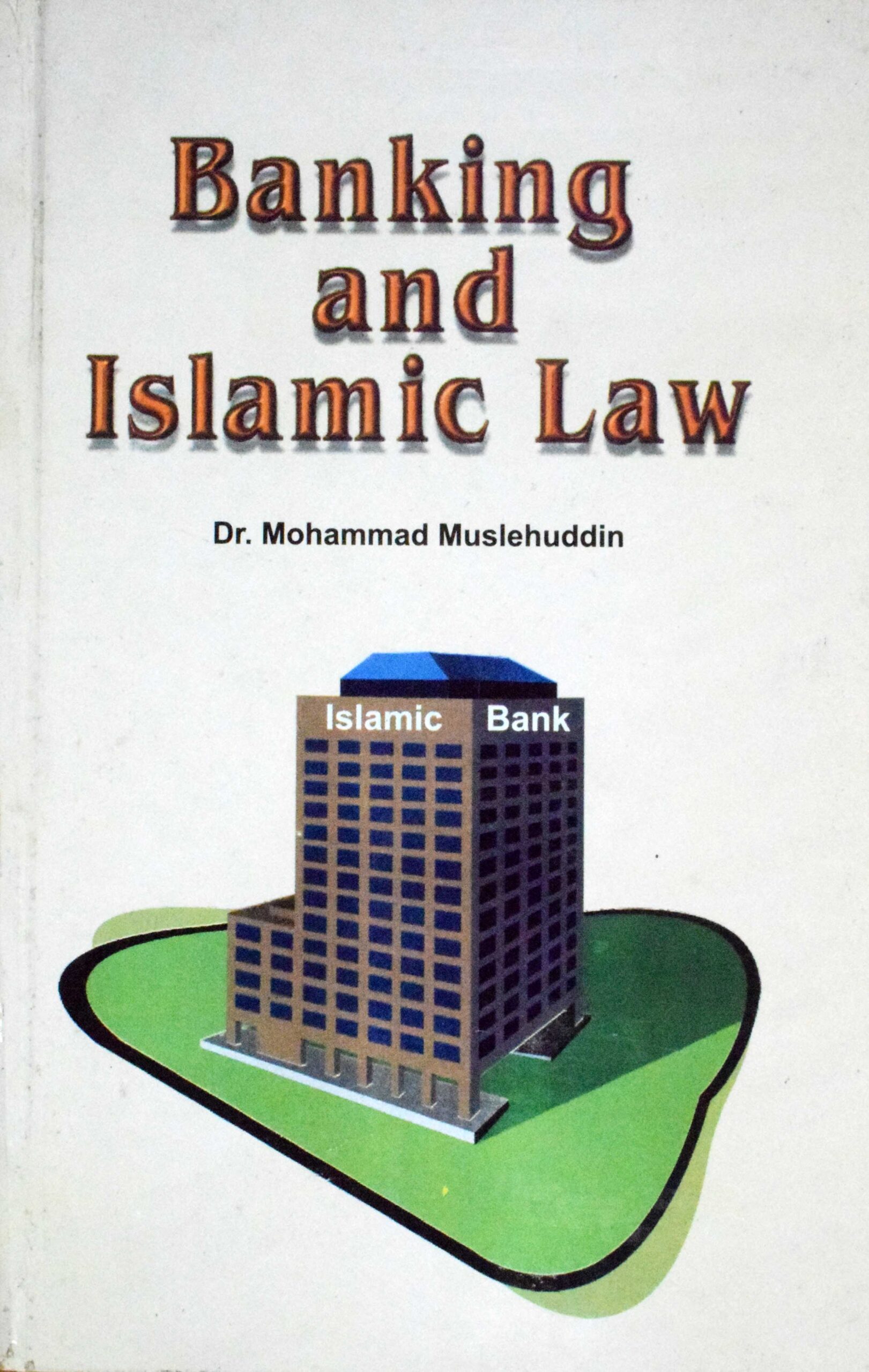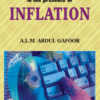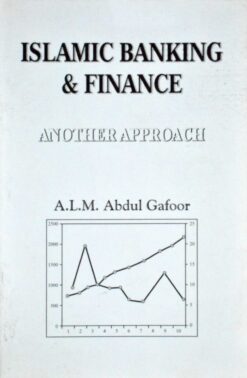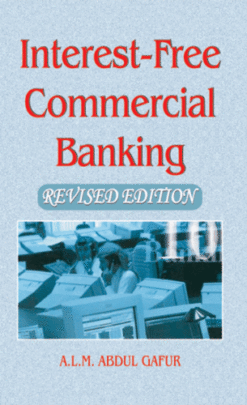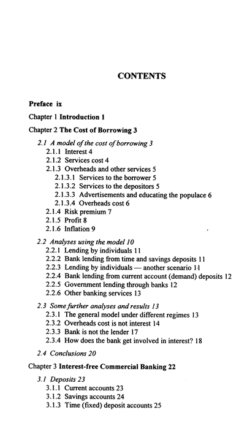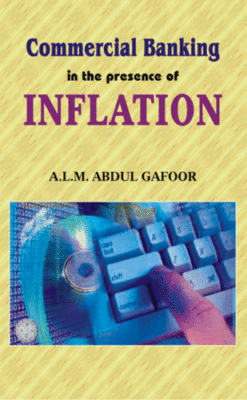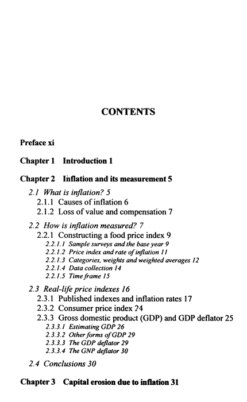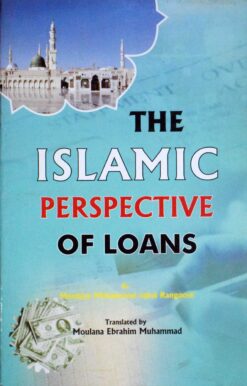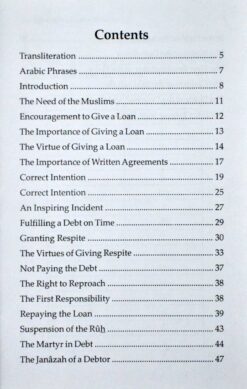BANKING AND ISLAMIC LAW (ENG.) HB
₹125.00
- Medium Size, Paperback
- By Dr. Mohammad Muslehuddin on modern banking’s role.
- Discusses the role of banking in the modern economy.
- Explores the conflict between interest-based banking and Islamic law.
- Offers Islamic alternatives and solutions to modern banking challenges..
- High-grade paper with Bold text for enhanced readability
- Smooth finish and protective packaging
INTRODUCTION :
Whether banking is possible under Islamic law is the problem we are confronted with. There are some who hold that no banking is possible without interest for interest is the basis of banking, while others maintain that interest is avoidable and banks may be established free of interest. Clearly, interest is the crux of the problem. Then what is interest? Interest or RIBA, aCCording to Islamic law. is an excess over the principal and as such covers the modern interest in all its forms. lt is a monetary advantage without a countervalue and therefore declared unlawful by the clear text of the Quran. In view of its destructive nature the Prophet has taken care to strike at its root by adopting preventive measures against all such possibilities as may lead to it. So the Jurists draw a mark of distinction between what is purposely and expressly forbidden and that which is prohibited by way of preventive measures. This we have discussed in Chapter 16.
Those who are of the opinion that interest-free banks may be established, suggest that banking in Islam should have MUDARABA or partnership as its basis. But MUDARABA as has been dealt with in Chapter 14, is of a limited scope and risky for banking. The question is: what is the alternative? The answer lies in the quality of our requirements because the banking system is always geared to the economic needs of society. In evolving a banking system of our own we have therefore to take into consideration our economic needs and the present condition of society, on the one hand and Islam and its laws on the other. For this purpose we have to find out what original avenues Islam can open in this regard and what methods will be used to promote banking in Islam. For, it cannot be denied that economic needs of Islamic society have grown in bulk and that we have to keep pace with the march of times or we perish. See the pressing need for loans and that too on interest. Muslim states though politically independent are yet economically dependent as they need interest carrying loans of the World Bank and of other nations for their development nay for their very subsistence and survival. These are the hard facts and bare realities that we have to face.
Under the circumstances it will be of no avail if one takes shelter under fallacious solutions or is beguiled by plausible arguments for that would be a charming delusion and nothing more. We are, therefore, required to take stock of the situation and try to know what precisely our requirements are and how to meet them under Islamic law. It should first be admitted that we have lagged behind and our key problem is economic development to which the banks contribute largely. Secondly we have to look for those guiding factors which can help us to orientate a system of banks without violating the fundamentals of Islam.
A careful study of Islamic law and its application to modem requirements is therefore of vital importance. Islam is a universal religion and for all times to come. lts laws are based upon broad principles that admit of interpretation to cover all the aspects of life and, if there be anything essential uncovered, recourse may be had to the Rule of Necessity and Need which has been explained in Chapter 13.
It is in this light that we studied the Islamic law and have put forward a workable solution in the hope that itmay lead us to suCCess.
The work is a result of comparative study and for the purpose of better understanding we have divided it into two parts. One deals with banking, its origin, history and functions, the other, with the principles of Islamic Law and their application to banking. lt has to be pointed out here, that commercial banks, the creatures of modern age, have been the subject of our study as they have combined in themselves the important features of almost all other banks and it is well said that the theory of banking has to do primarily with the functions of Commercial banks. Further a reference is made to the relations between Commercial and Central banks while the purpose and procedure of the World Bank and its Affiliates have also been explained, so that a complete picture of banking system may be presented to the view.
There is also a bibliography of the books that have been consulted in writing this work. The citations from the Quran are mainly based on the translations of Marmaduke Pickthal (Hyderabad DaCCa, 1938, A.D.), and Abdullah Yousuf Ali (Lahore, 1938).
| Weight | 0.384 kg |
|---|---|
| Dimensions | 22.3 × 14.6 × 1.3 cm |
| Author Name / Translator | Dr. M. Muslehuddin |
| Published by | Islamic Book Service P. Ltd – India |
| ISBN | 8172311389, 9788172311384 |
| Select Binding Type & Box | hard Bound |
| Publication Year | 2011 |
| Weight (kg) | 0.32 |
| Pages | 1-160 |
| Dimensions | 22.3cm x 14.6cm |
| Length (cm) | 22.3 |
| Width (cm) | 14.6 |
| Height (cm) | 1.3 |
| Printing Colour | 1 Col. |
| Book Language(s) | English |

